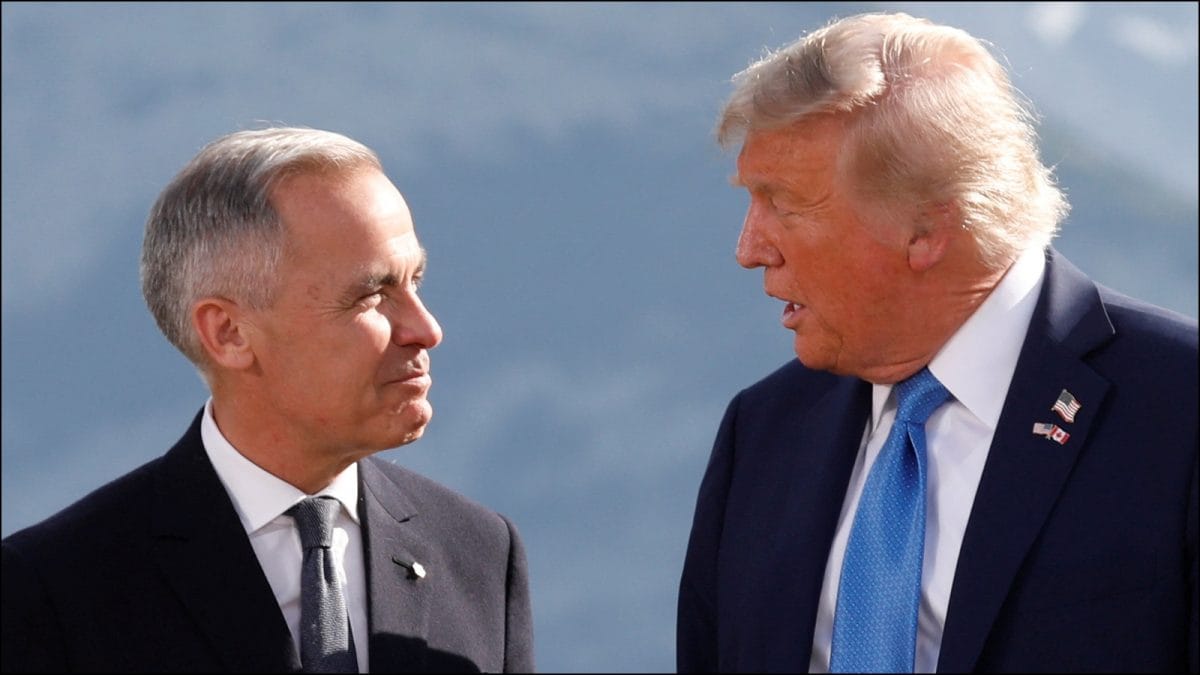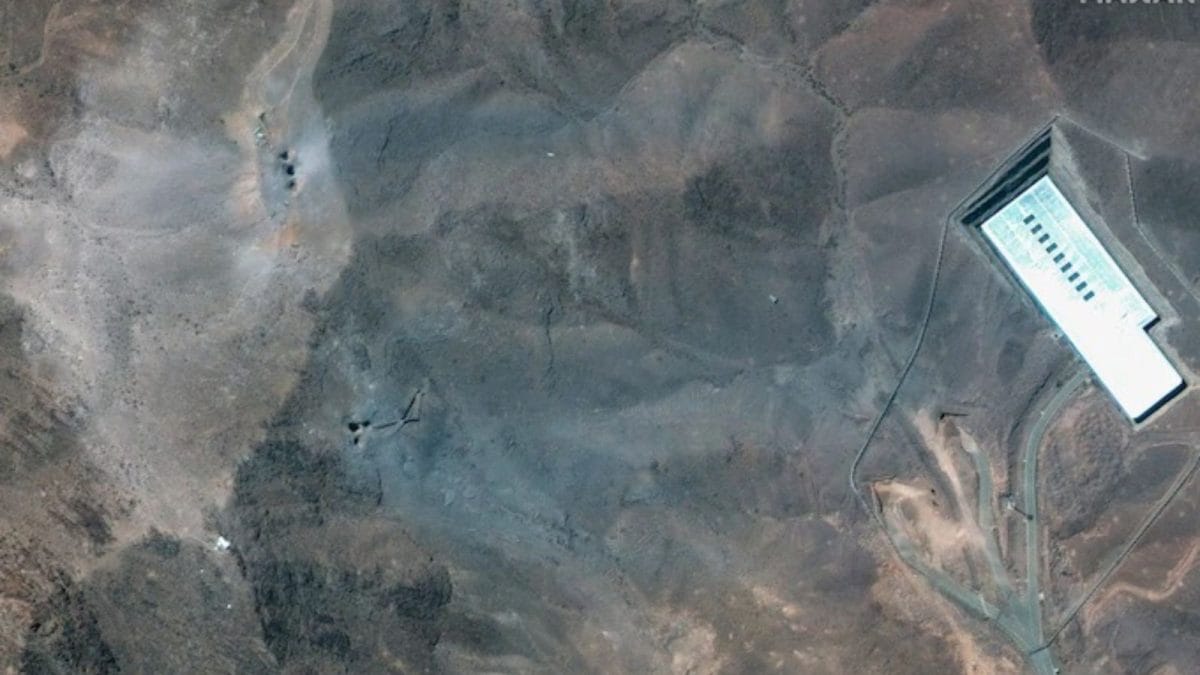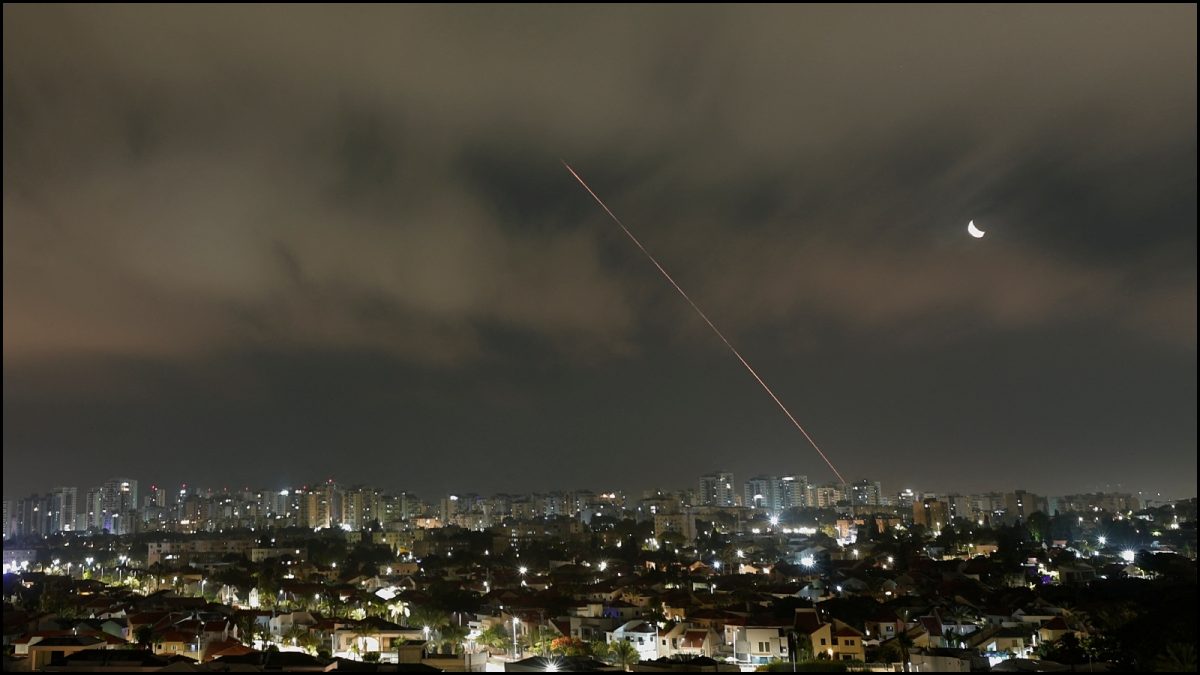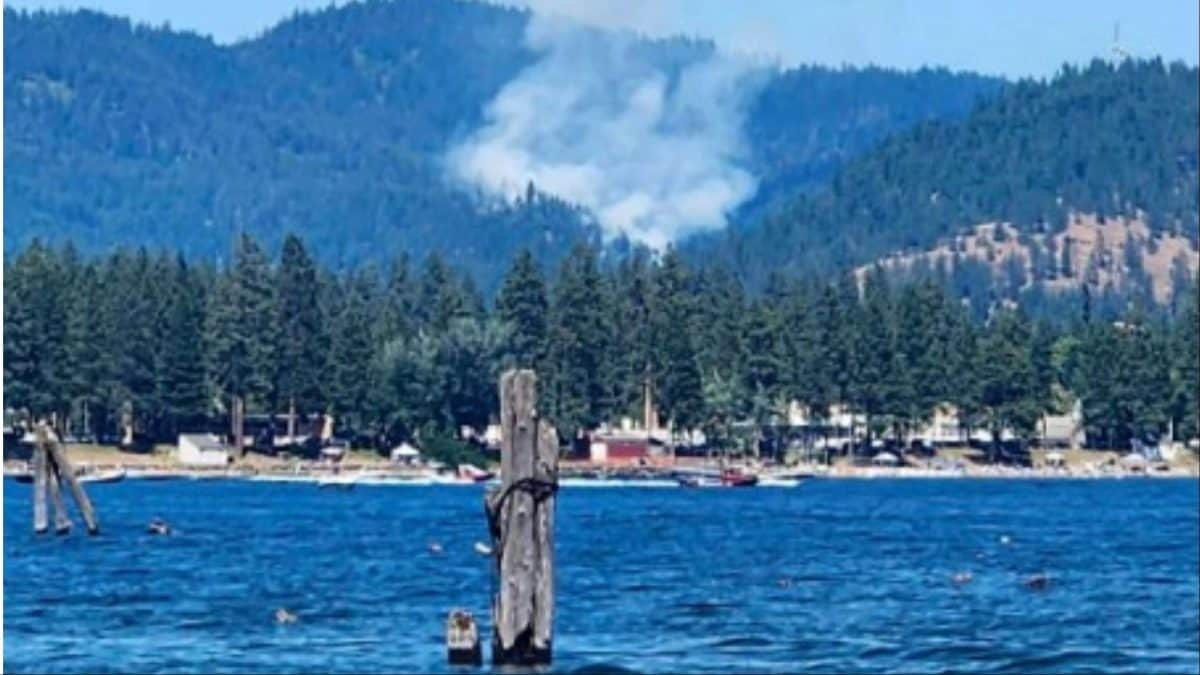Iran doubts Israel will honour the ceasefire, vows retaliation if attacked again. The recent 12-day war saw major losses on both sides, with Iran mourning top commanders and scientists.

Iran-Israel tensions (File photo)
Iran is highly doubtful that Israel will maintain the ceasefire that ended the recent air war between the two countries, Iranian Armed Forces Chief of Staff Abdolrahim Mousavi told Saudi Arabia’s Defence Minister Prince Khalid bin Salman on Sunday, according to the semi-official Tasnim news agency.
"Since we have complete doubts about the enemy’s (Israel’s) adherence to its commitments, including the ceasefire, we are prepared to give it a strong response if it repeats the aggression," Mousavi said, as quoted by Reuters.
Mousavi added that Israel and the United States launched attacks on Iran while Tehran was engaged in indirect nuclear negotiations with Washington. “The two regimes have shown that they do not adhere to any international rules and norms. We did not initiate war, but we responded with all our power to the aggressor,” he said.
The statement comes a day after hundreds of thousands of mourners lined the streets of downtown Tehran for the funeral of the head of the Revolutionary Guard and other top commanders and nuclear scientists killed during the 12-day war with Israel. The caskets of Guard chief Gen. Hossein Salami, the head of the Guard’s ballistic missile program Gen. Amir Ali Hajizadeh, and others were driven on trucks along the capital’s Azadi Street, as people in the crowds chanted: “Death to America” and “Death to Israel.”
Salami and Hajizadeh were both killed on the first day of the war, June 13, as Israel launched a military campaign it said was aimed at destroying Iran’s nuclear program, specifically targeting military commanders, scientists, and nuclear facilities.
Over the 12 days before the ceasefire was declared, Israel claimed it had killed around 30 Iranian commanders and 11 nuclear scientists, while hitting eight nuclear-related facilities and more than 720 military infrastructure sites. More than 1,000 people were killed, including at least 417 civilians, according to the Washington-based Human Rights Activists group.
Iran responded by firing more than 550 ballistic missiles at Israel. Most were intercepted, but several reached their targets, causing damage and killing 28 people.
- Ends
With inputs from Reuters, AP
Published By:
Rivanshi Rakhrai
Published On:
Jun 30, 2025
Tune In

 6 hours ago
6 hours ago


















